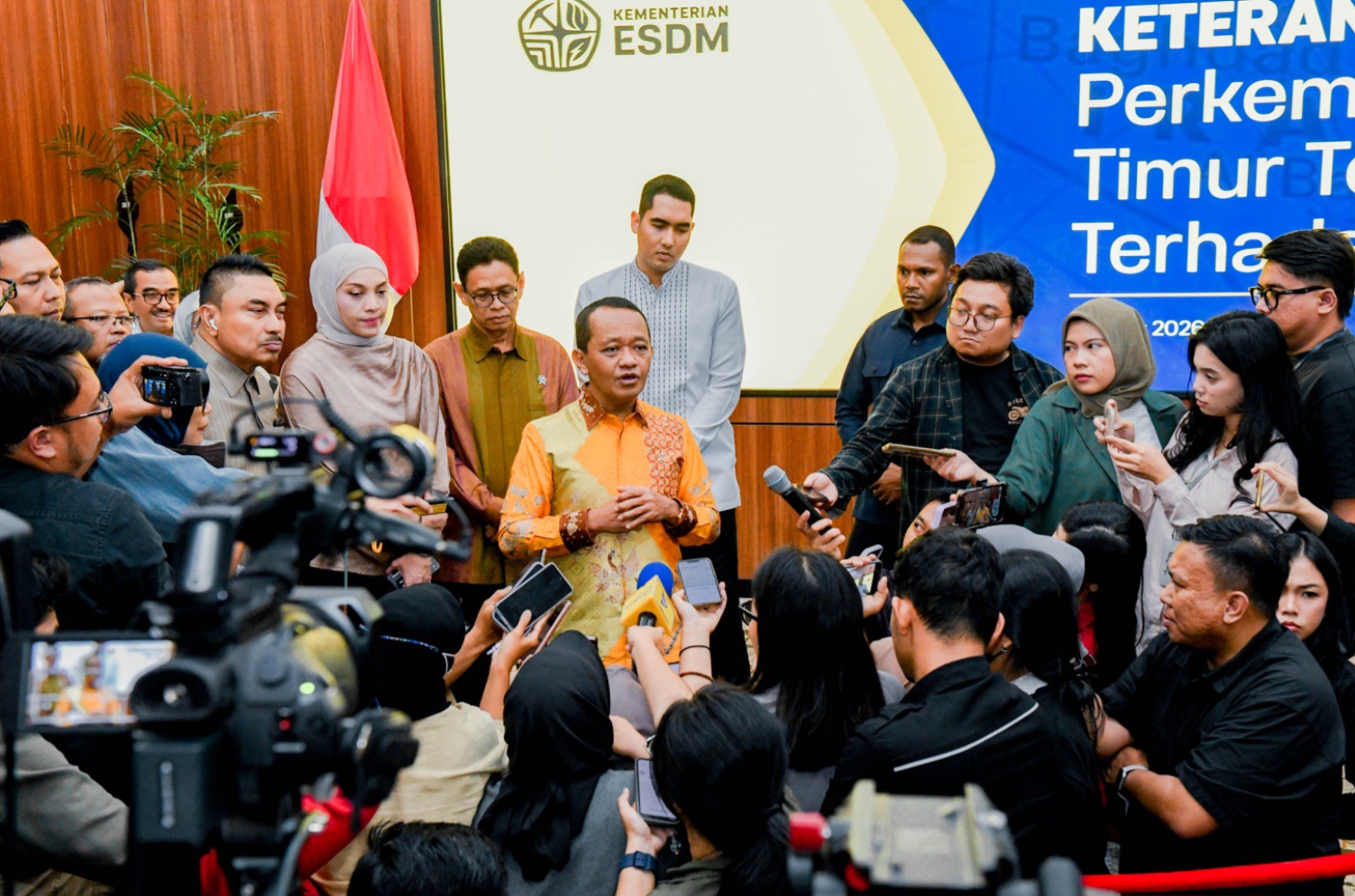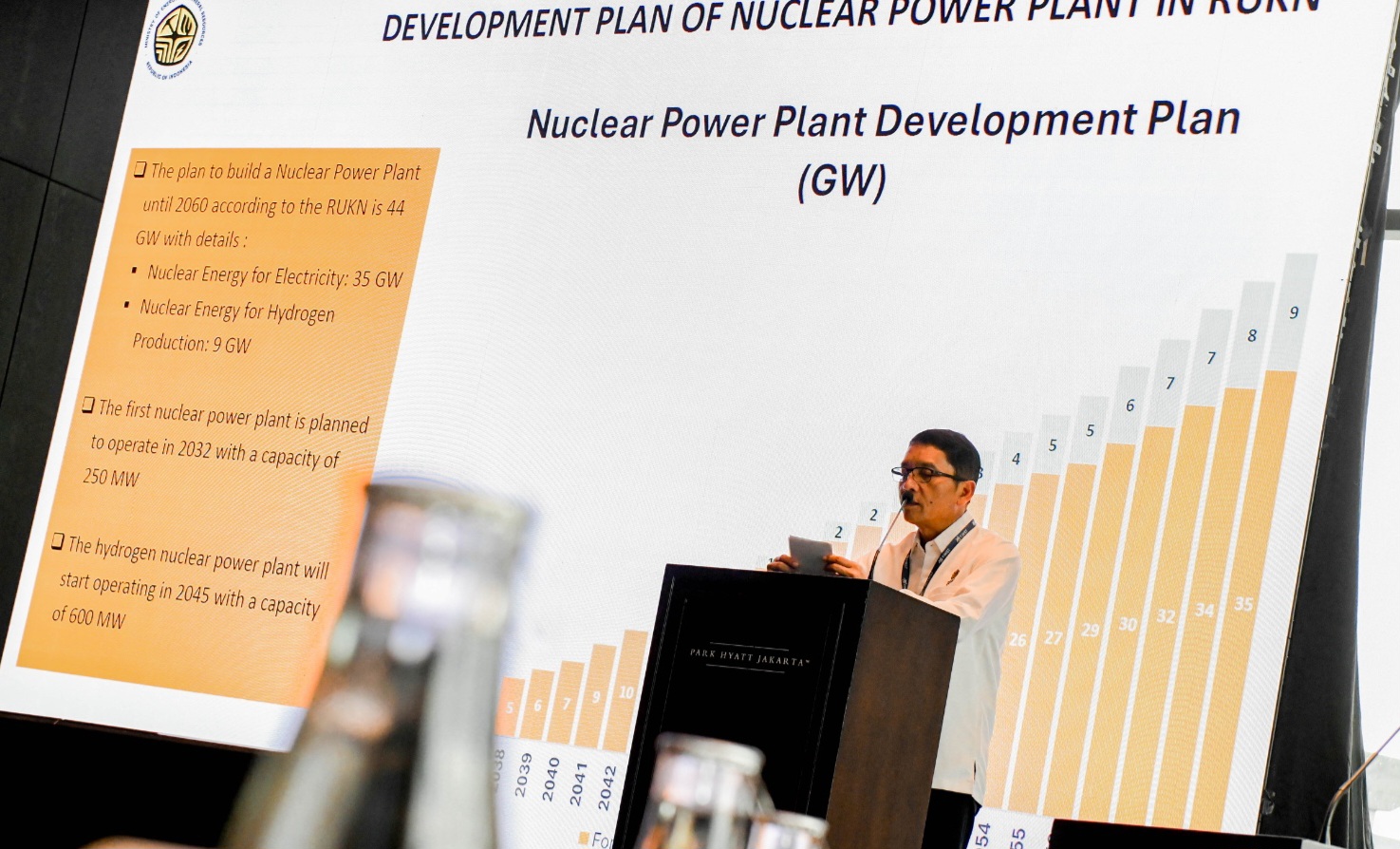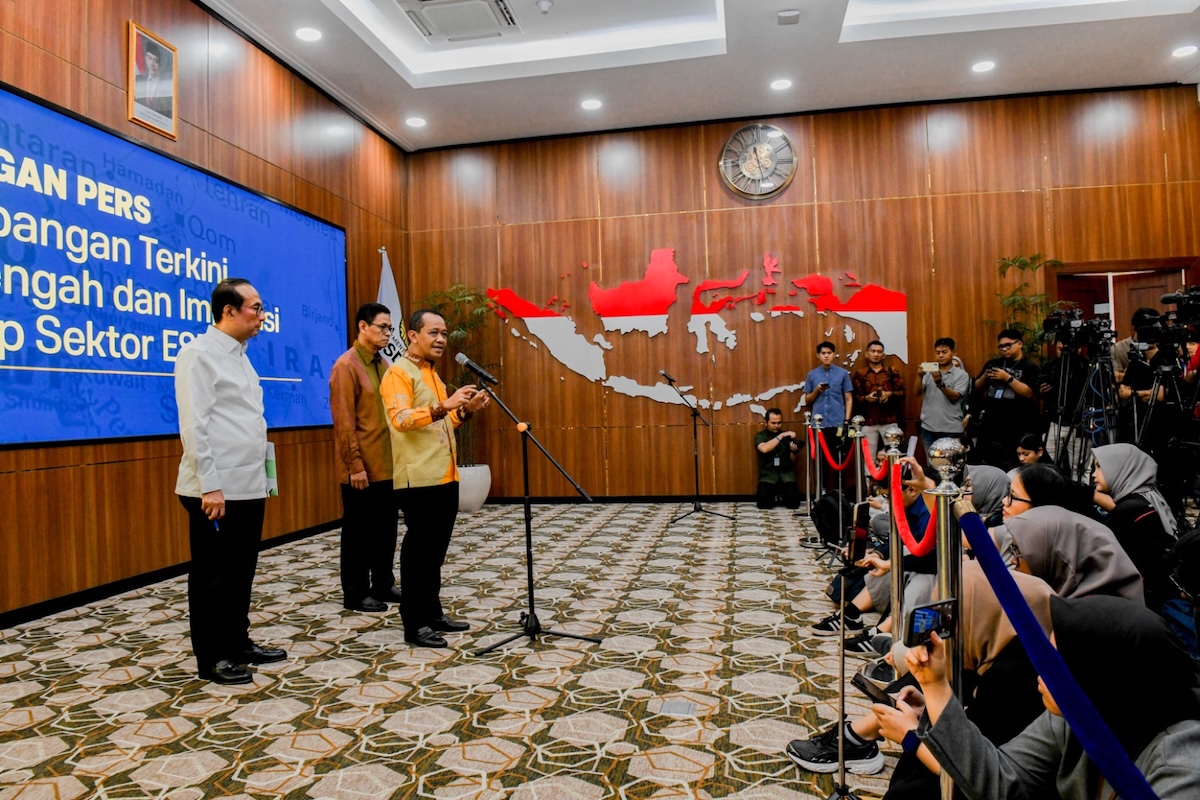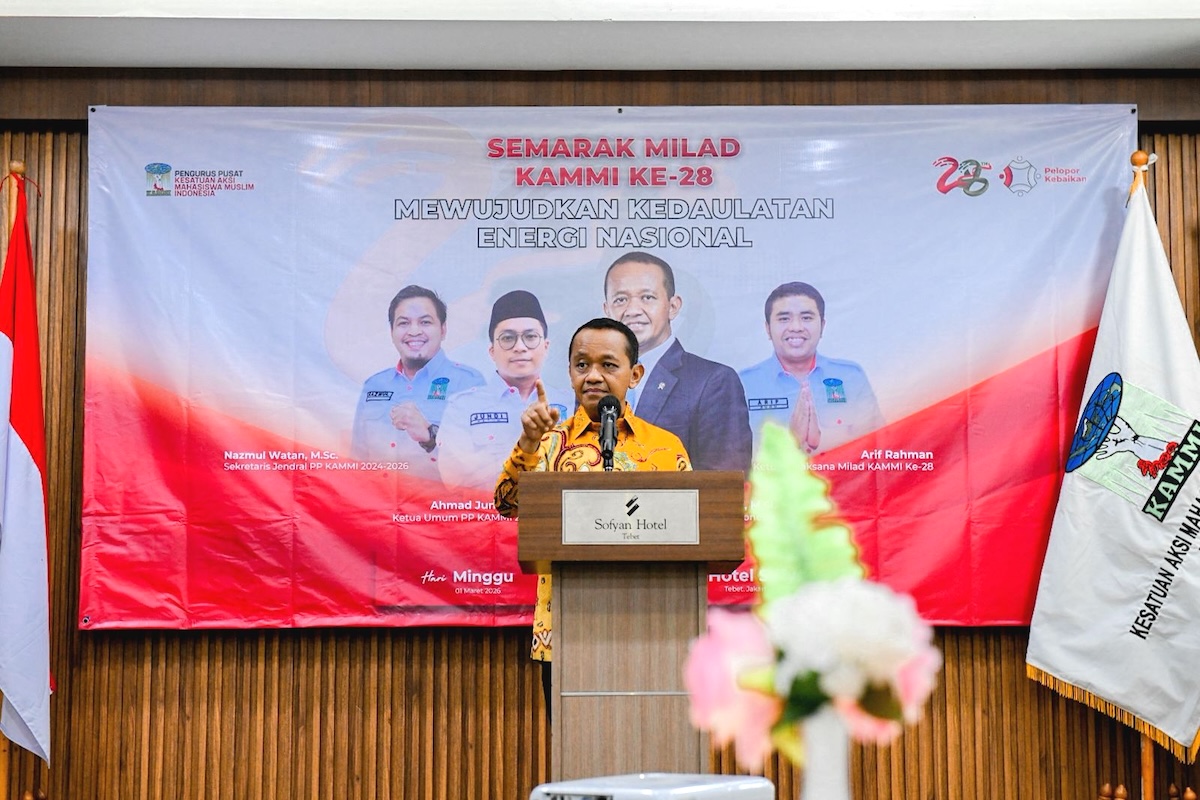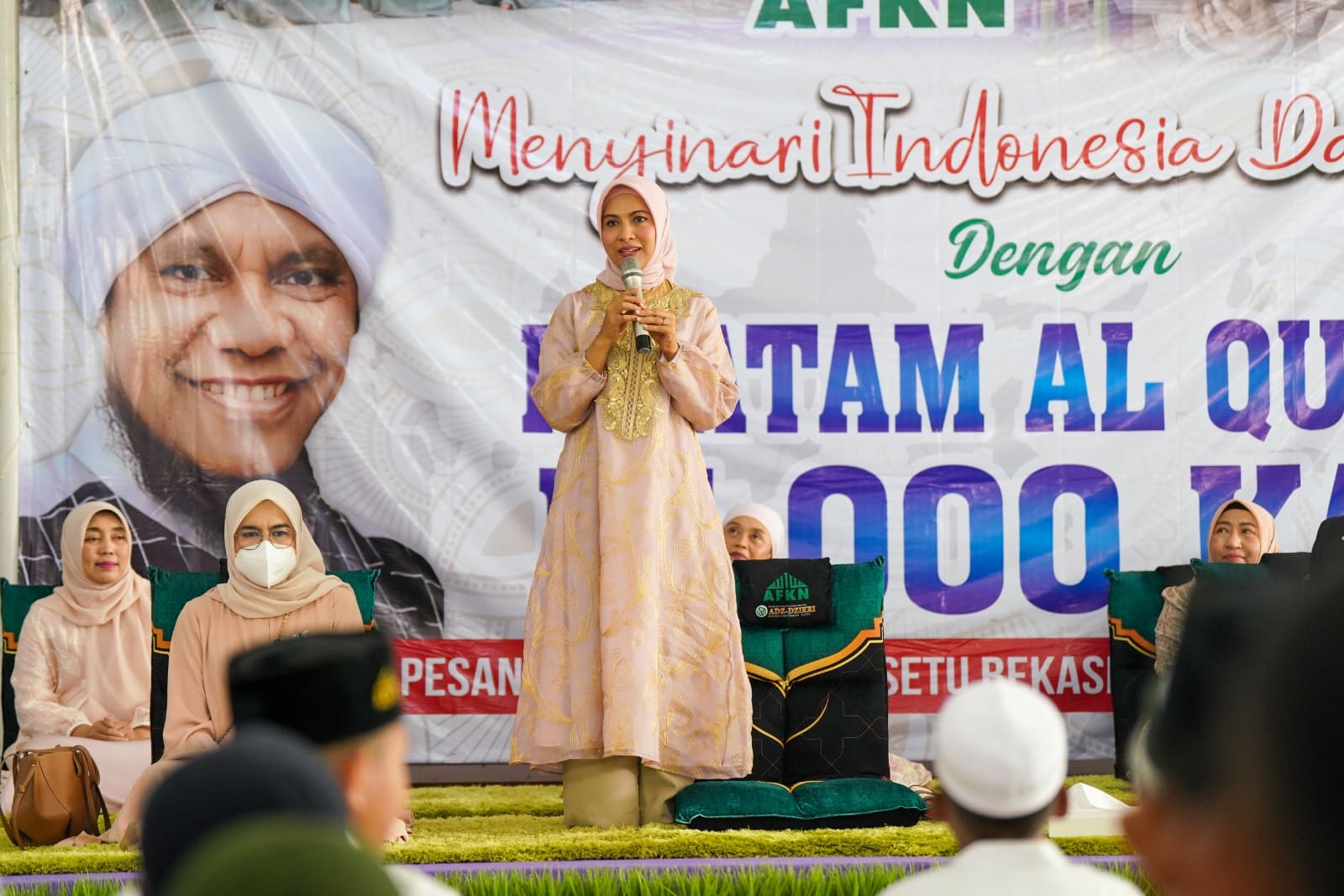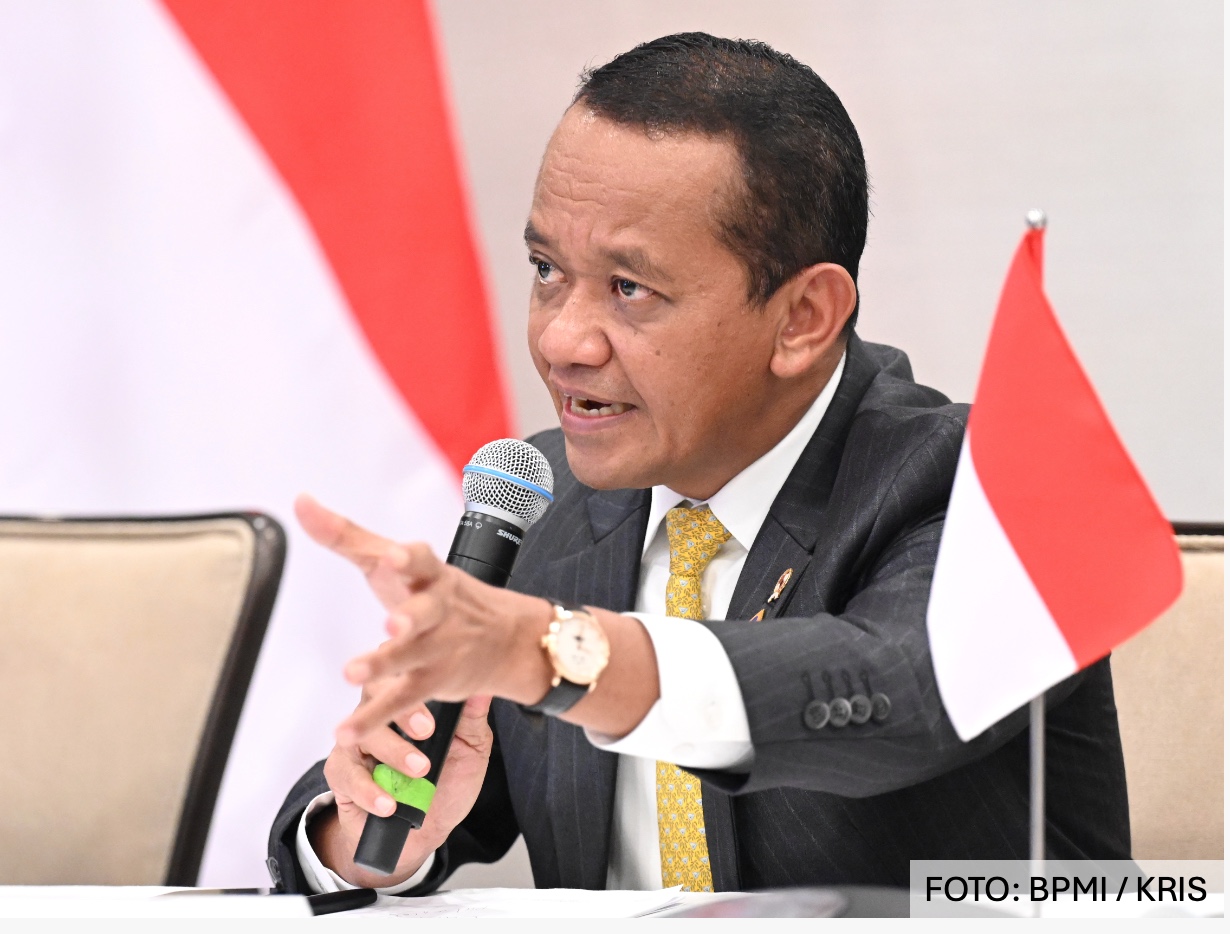
A Single Narration: First Time in the World, Indonesia to Implement 30% Biodiesel (B30)
MINISTRY OF ENERGY AND MINERAL RESOURCES
PRESS RELEASE
NUMBER: 712.Pers/04/SJI/2019
Date: 23 December 2019
A Single Narration: First Time in the World, Indonesia to Implement 30% Biodiesel (B30)
After a series of trials shows positive results, President of Republic of Indonesia Joko Widodo this morning, Monday (23/12) launches the Mandatory B30 Program (a blend of 30% biodiesel and 70% Solar diesel oil), at Pertamina's Refueling Station Number 31.128.02 on Jalan MT Haryono, Jakarta. The mandatory B30 will be implemented simultaneously throughout Indonesia on 1 January 2020. Indonesia is recorded as the first country in the world to implement B30.
The President reveals that the successful B20 implementation has encouraged the government to increase the use of biodiesel as fuel blends in an effort to promote the use of New Renewable Energy (NRE) in Indonesia.
"We try to look for renewable sources of energy. We have to break away from our dependency on fossil energy, which will certainly deplete someday. The development of NRE also proves our commitment to preserve the earth, to preserve clean energy by lowering greenhouse gas emissions, and to preserve the environment quality," said Joko Widodo, who on the occasion is escorted by Cabinet Secretary Pramono Anung, Coordinating Minister for Economy Airlangga Hartarto, Minister of EMR Arifin Tasrif, Minister of SOE Erick Thohir, Deputy Minister of SOE Budi Gunadi Sadikin, President Commissioner of Pertamina Basuki Tjahaja Purnama, and President Director of Pertamina, Nicke Widyawati.
The President says the mandatory B30 will also slash Indonesia's dependency on fuel imports. "We know that our dependency on fuel imports, including on solar diesel oil, is quite high. On the other hand, we're also the world's largest producer of palm oil. With this huge potential of palm oil, we have a variety of biofuel sources that can replace solar. We must make use of this potential to support the national energy security and self-reliance," the President emphasized.
Efforts to cut solar imports have been carried out by the government. In fact, the implementation of B30 can save as much as Rp63 trillion in foreign exchange. "If we are consistent with the B30 implementation, we can save our foreign exchange of about Rp63 trillion, which is a substantial amount," said the President.
Next, the B30 implementation will bring about an increasing domestic demand for Crude Palm Oil (CPO), which will eventually create multiplier effects on around 16.5 million farmers of oil palm in Indonesia. "This means that the B30 program will give good impacts on small and medium-size farmers, smallholder farmers who have produced palm oil as well as workers of palm oil companies," the President stressed.
Biodiesel is a biofuel for diesel engine. It takes the form of Fatty Acid Methyl Ester (FAME) made of vegetable or animal fat through an esterification/transesterification process. Currently, the raw material of the biodiesel used in Indonesia partly comes from CPO. In addition to CPO, other plants have the potential for becoming the raw material of biodiesel, such as castor oil plant (Ricinus communis), poison nut (Jatropha curcas), Philippine tung (Reutealis trisperma), candlenut (Aleurites moluccanus), tanamu (Calophyllum inophyllum), etc.
The mandatory biodiesel was first implemented in 2008 with a biodiesel content of 2.5%. Gradually, the biodiesel content was increased to 7.5% in 2010. Between 2011 and 2015, the biodiesel percentage was again increased from 10% to 15%. Next, starting on 1 January 2016, B20 was implemented for all relevant sectors.
Previously, the 20% biodiesel program (B20) ran well due to the support of sufficient production capacity, performance/road test, periodic test for quality and quantity by independent teams, and the formation of an Indonesian National Standard (SNI). In May-November 2019, road tests of B30 was conducted on vehichles having a capacity of less than 3.5 ton and more than 3.5 ton by involving Ministry of EMR, BPDPKS, BPPT, PT Pertamina (Persero), APROBI, GAIKINDO, and IKABI. (IY)
Share This!

